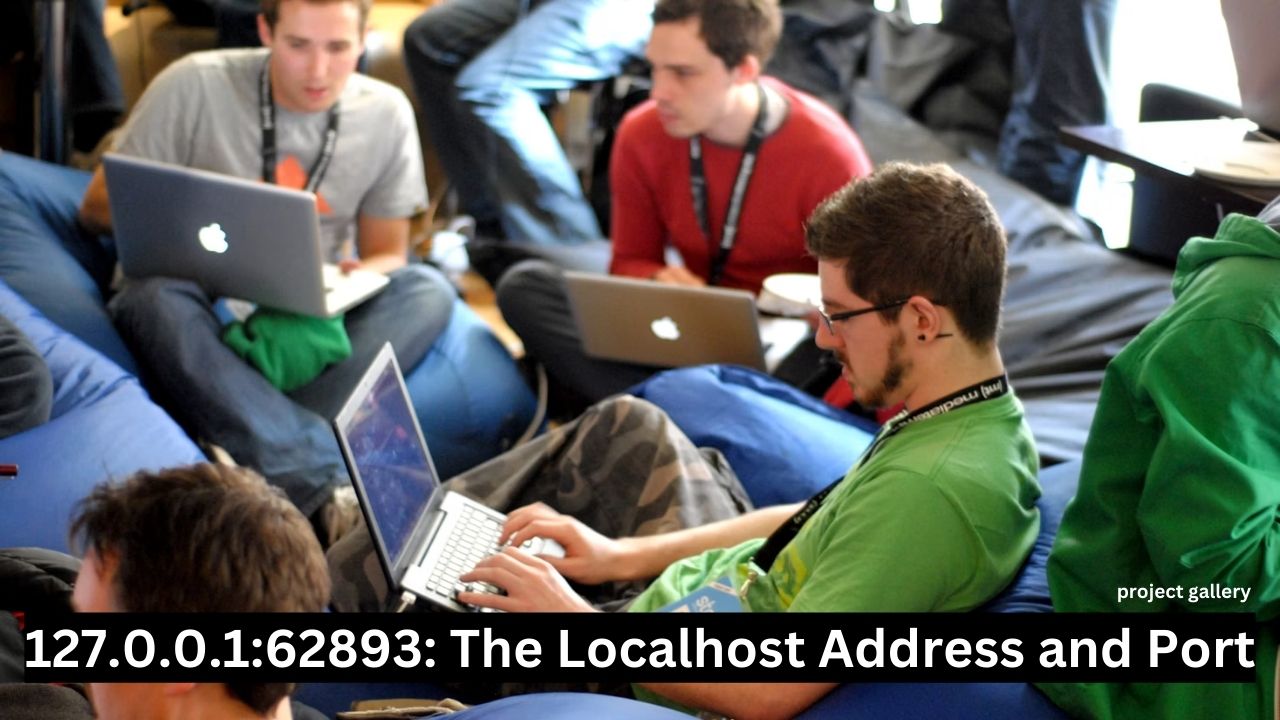You’ll run across the IP address 127.0.0.1 a lot when exploring the world of networking and web development. Known by most as “localhost,” this address is essential to a number of development and testing situations. This page will go into the meaning, practical application, and significance of 127.0.0.1:62893.
What is 127.0.0.1?
Networking uses are the exclusive domain of IP address 127.0.0.1. It is a component of IPv4 address space, more precisely the loopback address. An IP connection to the same machine or computer being used by the end user is established using this address.
A device is forwarding its request to itself when it refers to 127.0.0.1. Because it enables programmers to run network services and applications locally without requiring a real network connection, this method is crucial for test and development.
The Role of the Port Number
A port number in networking refers to a communication endpoint within an operating system. It enables the use of different ports by several network services to function on the same IP address. Between 0 and 65535 are the port numbers; other ranges are set aside for particular protocols and services.
Port 62893 on the address 127.0.0.1:62893 designates a particular local machine communication channel. Usually, dynamic or private ports—which the operating system assigns momentarily for different applications—use this high port number.
Practical Uses of 127.0.0.1:62893
- Development and Testing: Test web apps, APIs, and other network services with localhost addresses and other ports often. Prior to deployment, a developer can test an application locally using 127.0.0.1:62893.
- Database Connections: Connecting to local databases is done via localhost addresses. On their own computer, a developer might, for instance, run a MySQL or PostgreSQL database accessible via 127.0.0.1 and a designated port.
- Web Servers: Development-oriented web servers like Nginx or Apache can be set up to run on localhost. Developers may now preview websites and apps before they go live.
- API Development: When building RESTful APIs, developers frequently test endpoints and make sure their services work well with other apps using localhost addresses.
Security Considerations
While using 127.0.0.1 is generally safe for development, it is important to consider security practices:
- Access Control: Ensure that only trusted applications have access to localhost services to prevent unauthorized access.
- Firewall Configuration: Configure your firewall to block external access to sensitive ports, even on localhost.
- Regular Updates: Keep your development tools and applications up to date to mitigate security vulnerabilities.
Troubleshooting Common Issues
When working with localhost addresses, you might encounter several issues:
- Port Conflicts: If another application is already using port 62893, you may need to choose a different port or stop the conflicting service.
- Firewall Restrictions: Ensure your firewall settings allow localhost traffic.
- Application Errors: Debugging logs and error messages can help diagnose issues with applications not responding on localhost.
Conclusion
In the toolkit of developers and IT experts is the address 127.0.0.1:62893. Because it makes local testing, development, and debugging easier, it is an essential component of contemporary software development. Through a knowledge of its purpose and efficient implementation, developers can optimize their processes and produce dependable, robust applications.











